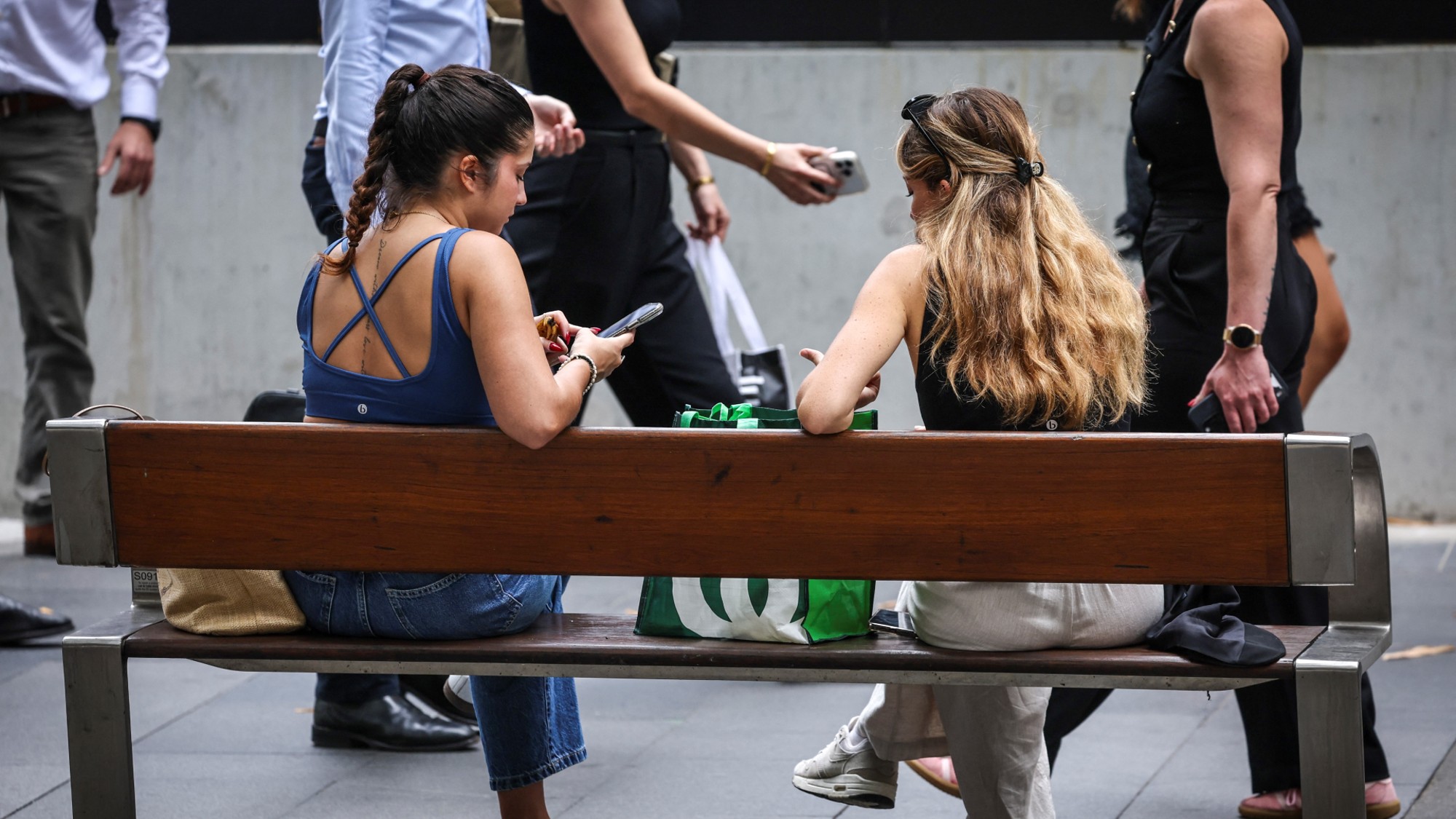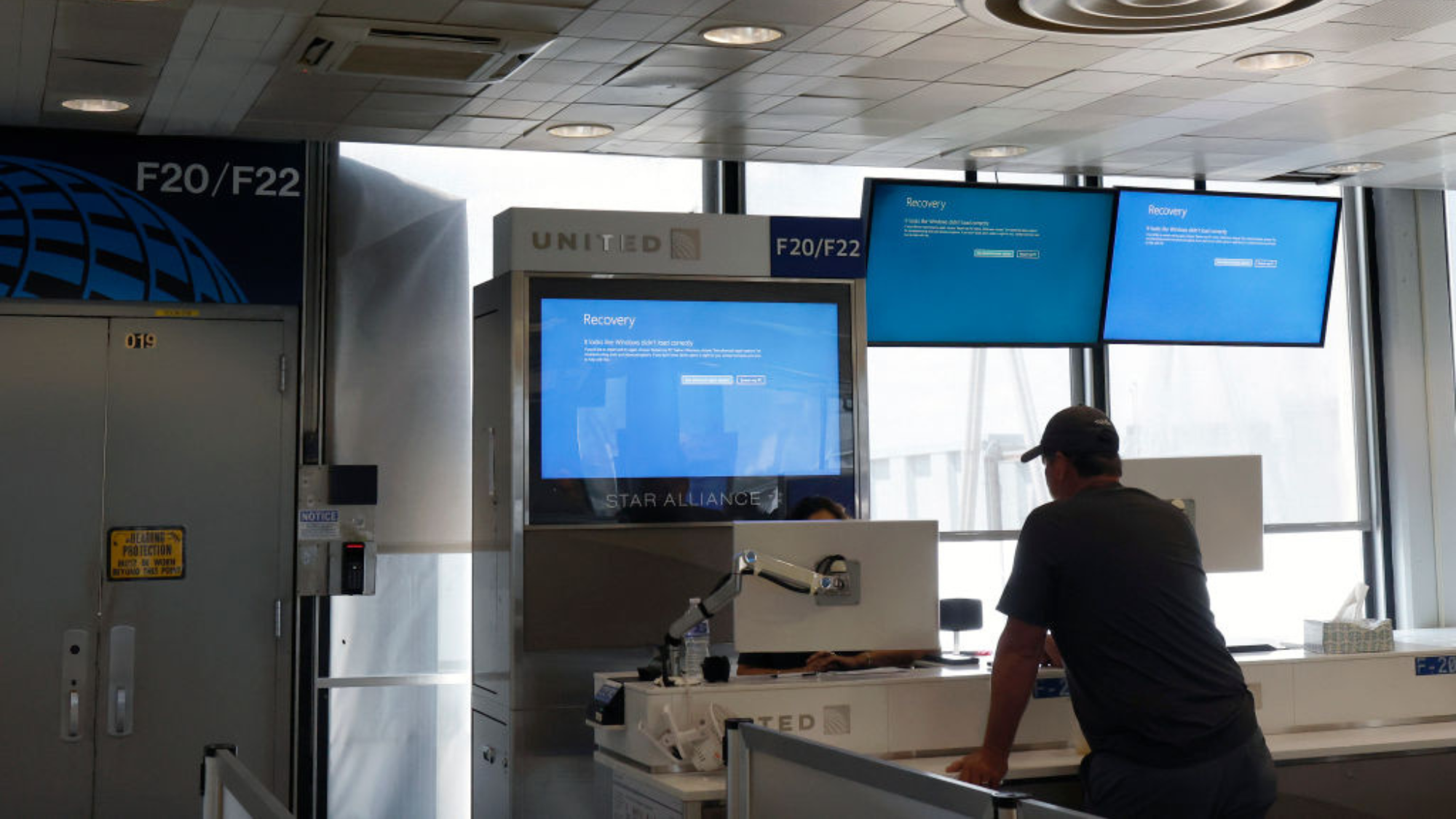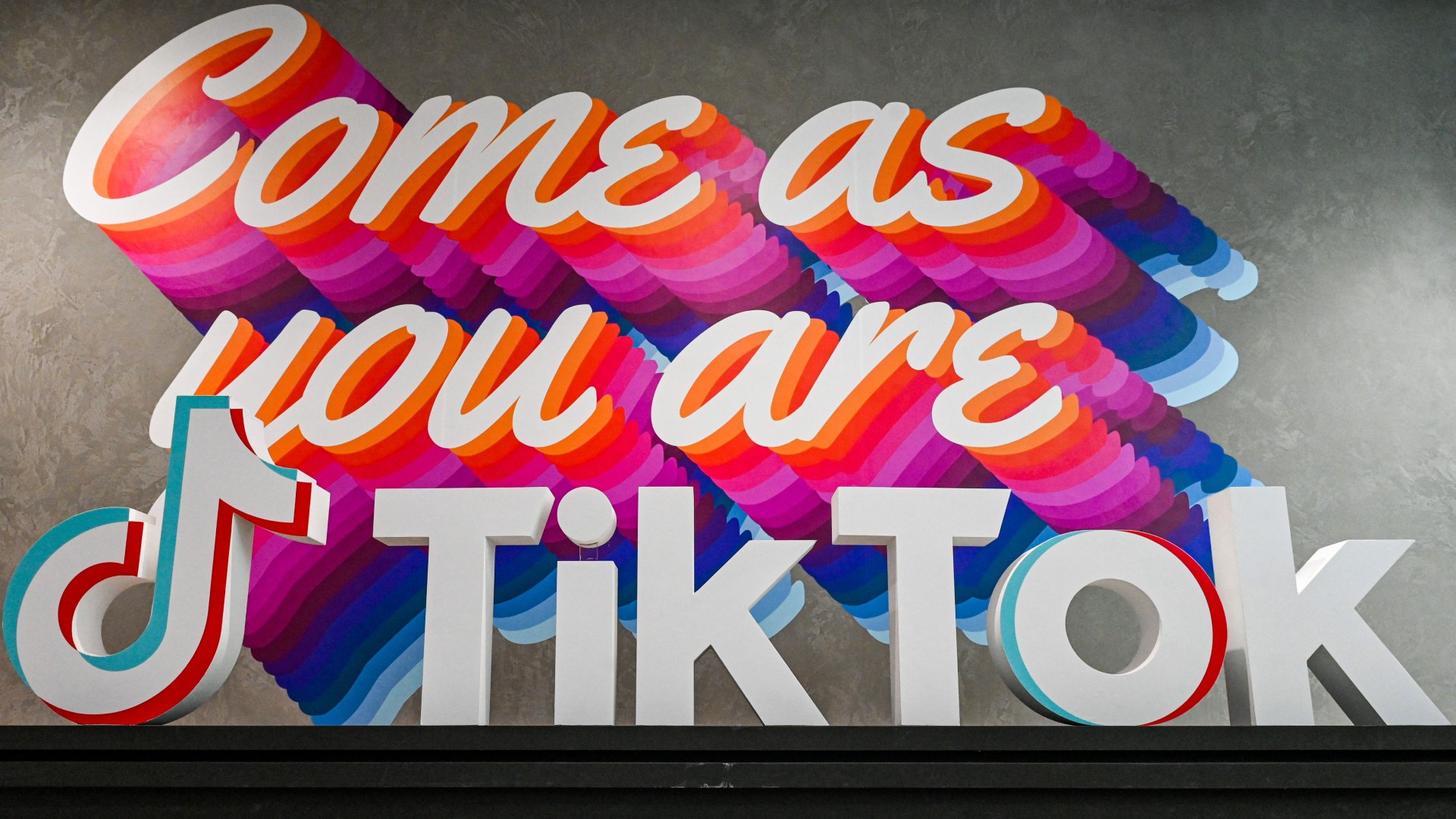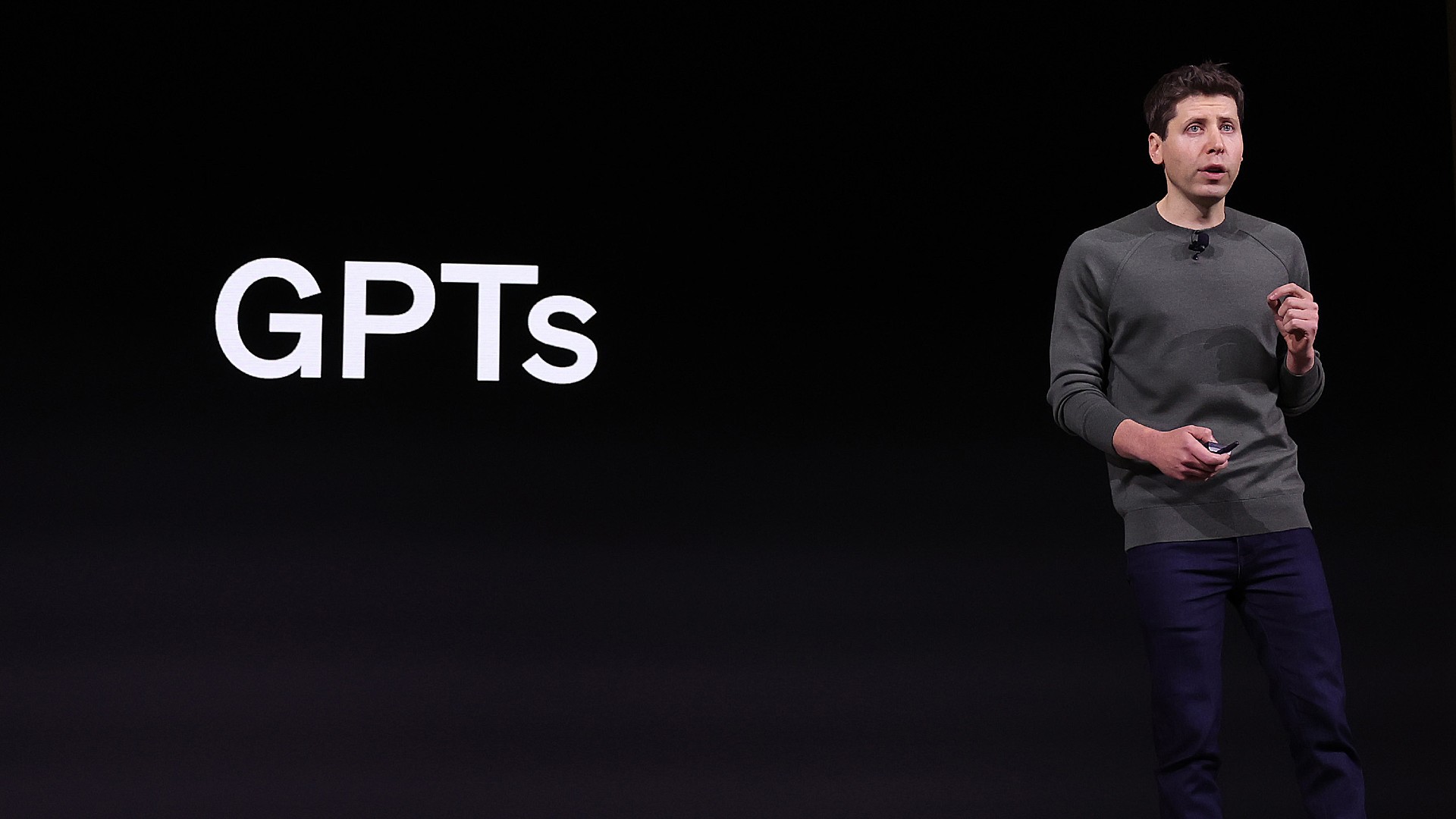Why the Metro Memory game is so addictive
Trying to remember London's 416 Tube stops has attracted half a million players so far

A free daily email with the biggest news stories of the day – and the best features from TheWeek.com
You are now subscribed
Your newsletter sign-up was successful
Londoners are putting their knowledge of the city's intricate Tube network to the test in a popular new memory game.
BBC Radio 4 listeners have long enjoyed a segment of the spoof panel quiz show "I’m Sorry I Haven’t a Clue" called Mornington Crescent, where players ostensibly try to negotiate the London Underground in order to reach the Northern Line station in the fastest time. Of course, long-time listeners will know there is "no system to the game at all", but rather a "completely random, decades-long utterly pointless in-joke", said The Times.
But for Benjamin Tran Dinh, the inventor of the now viral Metro Memory game, "such levity is heresy", said the paper. His deceptively simple online game asks its players to name every station on London's Tube map – "and not only the classic lines but those served by the London Overground, the Elizabeth Line and the Docklands Light Railway", continued the paper. With 112 London Overground stations and 272 Tube stops, the task is "brutal".
The Week
Escape your echo chamber. Get the facts behind the news, plus analysis from multiple perspectives.

Sign up for The Week's Free Newsletters
From our morning news briefing to a weekly Good News Newsletter, get the best of The Week delivered directly to your inbox.
From our morning news briefing to a weekly Good News Newsletter, get the best of The Week delivered directly to your inbox.
A game for list lovers and those with an 'obsessive streak'
Yet Tran Dinh's game has now attracted more than 500,000 players, with the game presumably speaking "to that obsessive streak in the nerdier members of human race fascinated by lists", continued the paper.
Part of the game's charm lies in these three qualities: "it's easy to understand, it's fun, and it's incredibly addictive", said Ben Lynch for London World. And aside from providing "a joyous run of dopamine hits as you input your first batch of correct stations", it is also "a useful exercise in recognising your own geographical ignorance". Stations along routes you "ordinarily take around the city" can be quickly filled out, but it can be a struggle "to think further down the lines".
'Haunting resonance of place names'
Tran Dinh has explained the game's "remarkable success in terms of the haunting resonance of place names", said Jane Shilling in The Telegraph. "Even if you have never visited London, it is the setting for so many stories, from Chaucer and Shakespeare to Martin Amis and Zadie Smith, that its geography feels as personal as memory."
Indeed, to create the game, Tran Dinh drew on his own memories of studying in London in his early twenties, "when he was a regular user of South Kensington Tube station and the Circle and District lines, and would sometimes go climbing at Latimer Road", said The Guardian. And it is memories associated with the geography of London that explains the game's popularity, believes Tran Dinh, who is now based in Paris.
A free daily email with the biggest news stories of the day – and the best features from TheWeek.com
"Maps tell different stories depending on the reader's location," he told the paper. "They are also a visual way to anchor those stories in the real world. In the case of Metro Memory, I have seen people zoom in on the map, remember a specific moment they have spent in a certain neighbourhood and suddenly link that memory to a station name."
Sorcha Bradley is a writer at The Week and a regular on “The Week Unwrapped” podcast. She worked at The Week magazine for a year and a half before taking up her current role with the digital team, where she mostly covers UK current affairs and politics. Before joining The Week, Sorcha worked at slow-news start-up Tortoise Media. She has also written for Sky News, The Sunday Times, the London Evening Standard and Grazia magazine, among other publications. She has a master’s in newspaper journalism from City, University of London, where she specialised in political journalism.
-
 Corruption: The spy sheikh and the president
Corruption: The spy sheikh and the presidentFeature Trump is at the center of another scandal
-
 Putin’s shadow war
Putin’s shadow warFeature The Kremlin is waging a campaign of sabotage and subversion against Ukraine’s allies in the West
-
 Media: Why did Bezos gut ‘The Washington Post’?
Media: Why did Bezos gut ‘The Washington Post’?Feature Possibilities include to curry favor with Trump or to try to end financial losses
-
 What Trump's win could mean for Big Tech
What Trump's win could mean for Big TechTalking Points The tech industry is bracing itself for Trump's second administration
-
 Social media ban: will Australia's new age-based rules actually work?
Social media ban: will Australia's new age-based rules actually work?Talking Point PM Anthony Albanese's world-first proposal would bar children under 16 even if they have parental consent, but experts warn that plan would be ineffective and potentially exacerbate dangers
-
 Is ChatGPT's new search engine OpenAI's Google 'killer'?
Is ChatGPT's new search engine OpenAI's Google 'killer'?Talking Point There's a new AI-backed search engine in town. But can it stand up to Google's decades-long hold on internet searches?
-
 Is the world ready for Tesla's new domestic robots?
Is the world ready for Tesla's new domestic robots?Talking Points The debut of Elon Musk's long-promised "Optimus" at a Tesla event last week has renewed debate over the role — and feasibility — of commercial automatons
-
 CrowdStrike: the IT update that wrought global chaos
CrowdStrike: the IT update that wrought global chaosTalking Point 'Catastrophic' consequences of software outages made apparent by last week's events
-
 TikTok predicts 'creative bravery' trends for 2024
TikTok predicts 'creative bravery' trends for 2024talking point Will it be a banner year for the platform, or will it isolate its biggest audience?
-
 Elon Musk's 'frivolous' but precedent-setting free speech fight with Media Matters
Elon Musk's 'frivolous' but precedent-setting free speech fight with Media MattersTalking Point The lawsuit is just the latest in Musk's ongoing tension with social media watchdogs
-
 How OpenAI went from an altruistic nonprofit to typical Big Tech startup
How OpenAI went from an altruistic nonprofit to typical Big Tech startuptalking point Internal tensions over the company prioritizing money over safety might be symptoms of a bigger issue